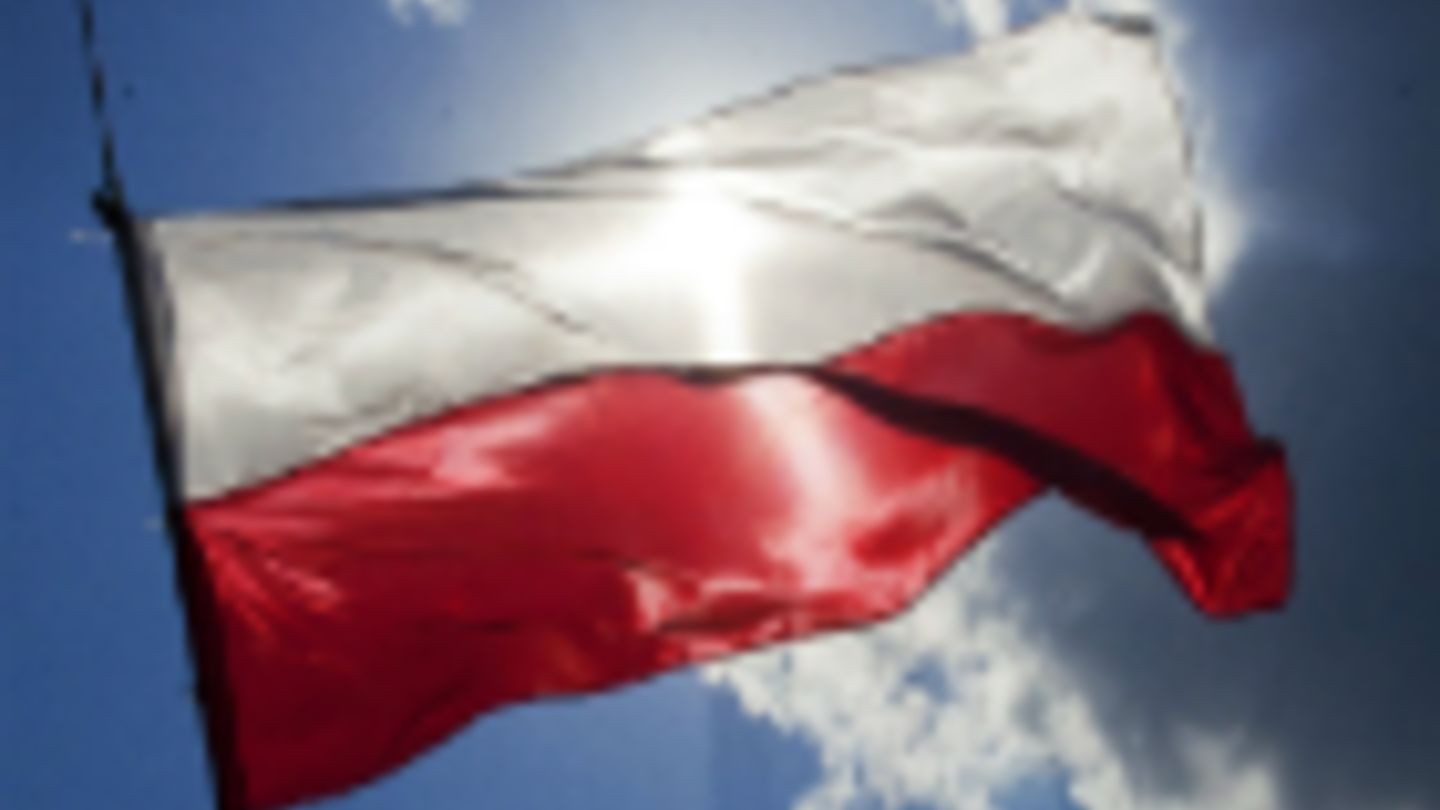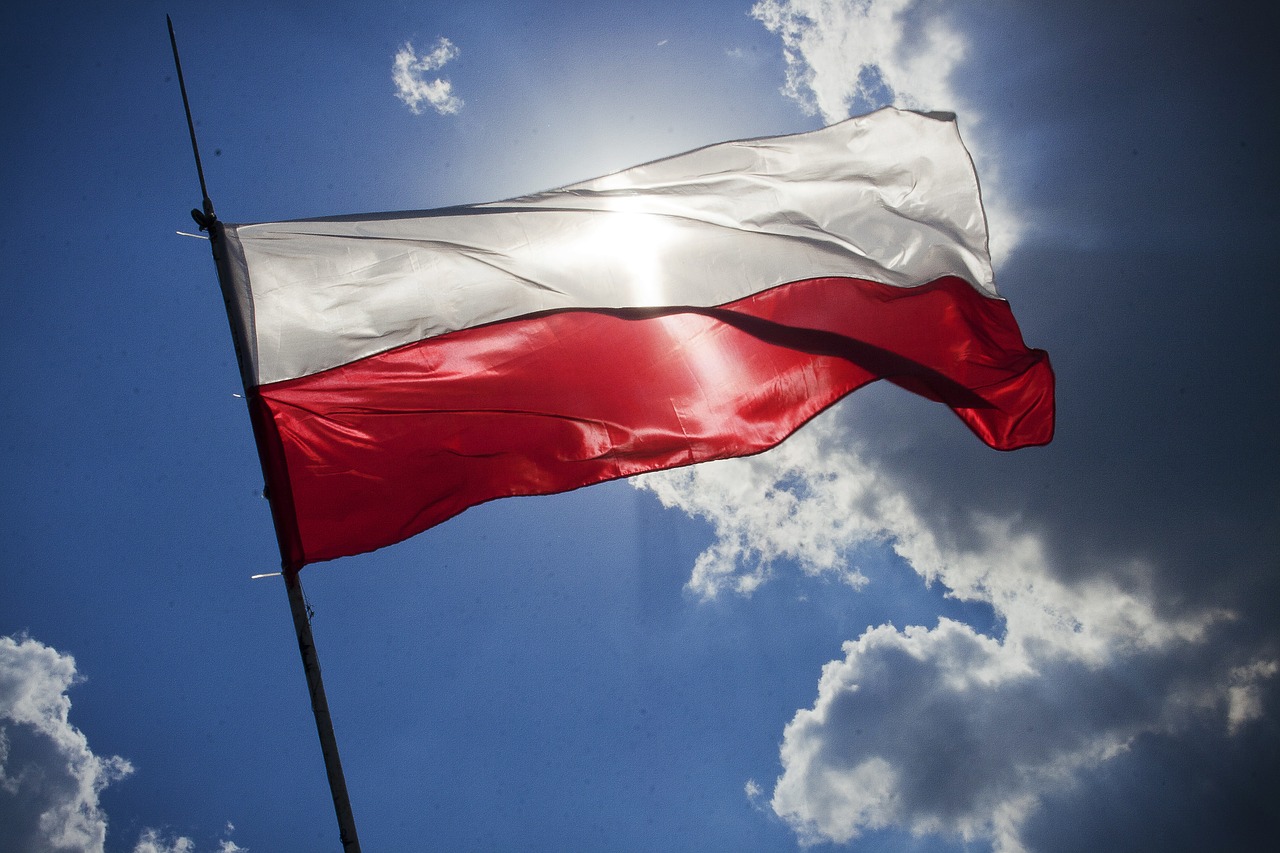Czech and Poles: The unbearable ignorance of nations

The problem with Poles and Czechs is not that we do not know each other. We do not know ourselves neither. It is still quite astonishing phenomenon how Poles and Czechs declare positive feelings towards each other (especially Poles towards Czechs). Because despite similar languages there is little and less what both nations have in common.

Source: CC0 Public Domain
Some habitually repeat about the sense of common history. However, in spite of neighbourhood, until the 20th century both countries have been developing in a totally different ways. Just a glance at the history textbooks maps reveals simple fact that in Czech ones Poland is hardly visible as a neighbour and vice versa.
At schools in both countries much more attention is paid to Germany or Russia. Therefore, it should not surprise that according to public opinion survey carried out in 2011 by Visegrad Fund, 72 % of Poles cannot name any personality from the Czech history and 42 % of Czechs cannot name any from Polish.
The uneasy heritage of communism is perceived as thing that both countries share as well. (Un)fortunately, generation carrying the burden of the memory of that time is passing away. Paradoxically, Polish and Czech officials of the early 90s (Havel, Michnik, Kuroń) got to know each other long before taking the power. They were meeting despite the times when travelling even within one country was troublesome because they were curious of each other. Nowadays, though open boundaries and unlimited access to the culture, the officials meet due to the fact that they have to, not because they want so.
Nevertheless, I want to go a step further. Not only we do not know each other but also we are not conscious of ourselves. It is best visible while taking as an example comparing two best known figures of recent history, i.e. Václav Havel and Jan Paweł II (I would really like to compare first post-communist presidents of both countries; however, it happened that Poles, contrary not Czechs, elected simple electrician instead of intellectual and writer). Both had incomparable impact on their countries. Both were worldwide recognized. But now both are victims of their popularity. A foreigner can wonder if Poland is imposing the “Pope monument in every commune” programme (actually there are ca 700 what makes Pope present in every three communes). The Czechs express their affection towards Havel in less spectacular way; nevertheless, pictures of ex-president in almost every "hospoda", especially in Praha, are difficult to overlook.
This encompassing presence (even on T-shirts) infantilized them, making empty pop cultural symbols and leading to the situation when in fact no one cares about their intellectual heritage. Sadly, as there is much and more to discuss and argumentum ad Havelum or ad Janum Pawłum might be an interesting point in arguing, let say, Ukraine or refugees issues. Unfortunately, they are only examples as much more interesting intellectuals of recent 50 years are fading into oblivion.
At least national founding fathers, i.e. Józef Piłsudski and Tomáš G. Masaryk are not only source for anecdotes but, first and foremost, personalities whose intellectual heritages are still highly discussed and whose visions stimulate the current discourse.
About the author:
Miłosz Pieńkowski interned at Institute of International Relations, Prague.